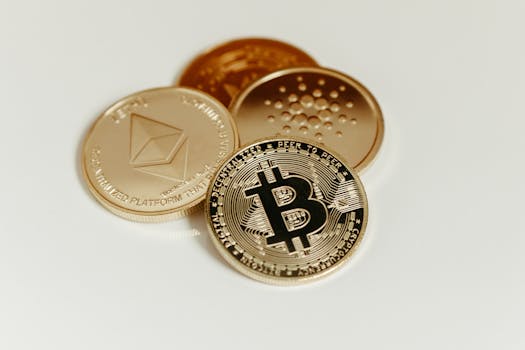
Navigating the Future: Emerging Trends in Fintech Technology
Fintech, or financial technology, is an industry that has been rapidly evolving over the past decade. With the rise of digital payments, mobile banking, and cryptocurrency, the way we manage our finances has changed dramatically. As we move forward, it’s essential to stay ahead of the curve and understand the emerging trends in fintech technology. Fintech is at the forefront of this revolution, and it’s crucial to navigate the future of this industry.
Introduction to Fintech

Fintech refers to the use of technology to improve and automate financial services. It encompasses a wide range of topics, including digital payments, mobile banking, cryptocurrency, and investment platforms. The fintech industry has grown significantly over the past decade, with new startups and innovations emerging every day. The rise of fintech has disrupted traditional banking and financial institutions, making it easier and more convenient for people to manage their finances.
Emerging Trends in Fintech

There are several emerging trends in fintech that are shaping the future of the industry. Some of the most significant trends include:
- Artificial Intelligence (AI): AI is being used to improve customer service, detect fraud, and provide personalized financial recommendations. Many fintech companies are using AI-powered chatbots to provide 24/7 customer support and help customers with their financial queries.
- Blockchain Technology: Blockchain technology is being used to create secure and transparent financial systems. It’s the underlying technology behind cryptocurrency and is being used to create new types of financial instruments, such as tokens and smart contracts.
- Mobile Payments: Mobile payments are becoming increasingly popular, with many people using their smartphones to make payments and transfer money. Fintech companies are developing new mobile payment systems that are secure, convenient, and easy to use.
- Robo-Advisors: Robo-advisors are automated investment platforms that use algorithms to provide personalized investment advice. They’re becoming increasingly popular, especially among younger investors who want to invest their money in a convenient and low-cost way.
- Cryptocurrency: Cryptocurrency is a digital or virtual currency that uses cryptography for security. It’s becoming increasingly popular, with many people investing in cryptocurrencies like Bitcoin and Ethereum.
The Future of Fintech

The future of fintech is exciting and uncertain. As technology continues to evolve, we can expect to see new innovations and trends emerge. Some of the potential developments that may shape the future of fintech include:
- Increased Use of AI: AI is likely to play an even bigger role in fintech in the future, with many companies using it to improve customer service, detect fraud, and provide personalized financial recommendations.
- More Widespread Adoption of Blockchain Technology: Blockchain technology is likely to become more widespread, with many companies using it to create secure and transparent financial systems.
- Greater Focus on Cybersecurity: As fintech continues to grow, cybersecurity will become an increasingly important issue. Companies will need to invest in robust security measures to protect their customers’ data and prevent cyber attacks.
- More Collaboration Between Fintech Companies and Traditional Banks: Fintech companies and traditional banks are likely to collaborate more closely in the future, with many banks investing in fintech startups and using their technology to improve their services.
Conclusion

In conclusion, the fintech industry is rapidly evolving, with new technologies and innovations emerging every day. As we move forward, it’s essential to stay ahead of the curve and understand the emerging trends in fintech technology. By doing so, we can navigate the future of this industry and create new opportunities for growth and innovation. Fintech is an exciting and rapidly evolving industry, and it will be interesting to see how it develops in the future.





